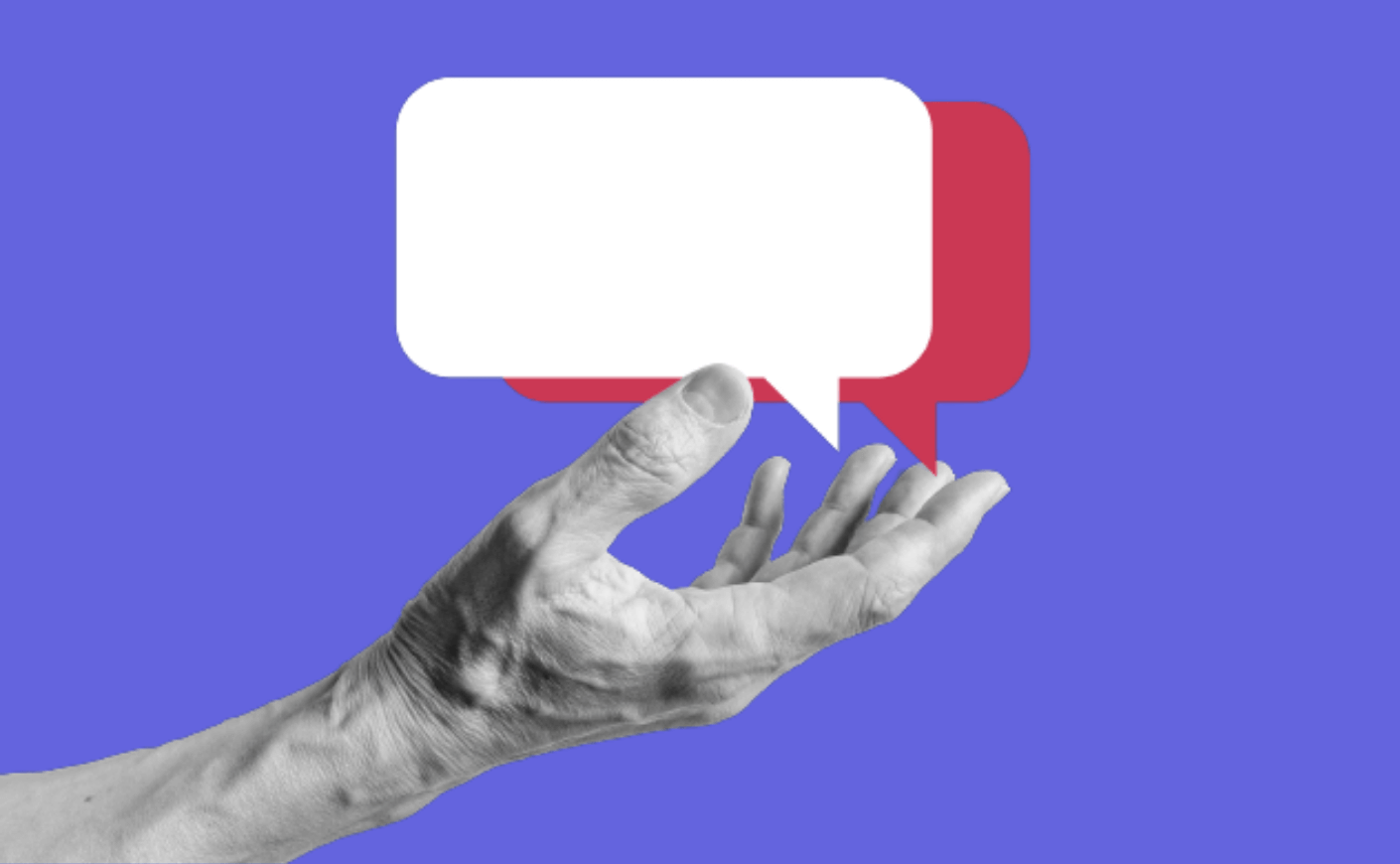In the past, getting therapy might’ve been difficult to work into your monthly budget or schedule. From expensive fees to the inconvenient mid-workday trip to a therapist’s office, therapy has traditionally been difficult to access. Yet, studies show that 52.9 million Americans and a quarter of Medicare beneficiaries live with mental illness. While it may seem to some like a nice-to-have but nonessential service, therapy can help you maintain your overall emotional health, an essential part of functioning from day to day. Everyone — whether they’ve been diagnosed with a mental illness, are having difficulty navigating a relationship, or dealing with substance abuse — needs quality connection with others to truly flourish in life.
Thankfully, the combination of technological advancements and healthcare companies doing their part to recognize the importance of emotional wellness has made it easier and more affordable to get therapy than ever before. Today, there are digital services that allow you to speak to a trained psychologist or counselor from home, through video calls or apps on your phone. And it’s not just the younger (more tech-savvy) population who can benefit from a widening range of teletherapy services. Nearly 25 percent of Medicare beneficiaries live with some form of mental illness. That’s why our friends at Humana recently announced a plan to extend phone-based behavioral services to all Medicare Advantage members.
Still unsure whether remote counseling is right for you? Let’s unpack the importance of therapy and how virtual therapy is equally effective as in-person counseling.
Why therapy matters
At the most basic level, our human instinct to connect with others is universal. “We don’t exist all by ourselves in the universe. It’s important for us to feel connected to something else and to realize we’re not alone,” says Bea Harris, a New York-based clinical psychologist and Humana’s Director of Human Behavior. “The most powerful part of therapy is talking through whatever’s on your mind,” says Dr. Harris. “It’s not so much the power of the shrink talking, but the power of hearing your own voice. Sharing your feelings with someone is where the real healing power is.”
Not all of us are lucky enough to already have a support system to turn to when we’re having trouble navigating life’s ups and downs. “If you have someone in your life who’s a good listener, who puts down the newspaper and doesn’t interrupt you, but simply listens and understands, you’re very fortunate,” says Dr. Harris.
For those of us in need of a judgment-free sharing zone, getting professional therapy can be a goldmine for helping you improve your overall outlook on life. It can lead you to solutions that’ll help carry you through whatever issues you’re facing. And the benefits are backed by science. “When we talk about what’s on your mind, we are closer to finding a way to do something about it,” says Dr. Harris.
Therapy also provides you with a vocabulary for your emotions and the ability to differentiate between them. After all, emotions are a signal system. “Like how when you have a stomachache, that might mean there’s something you should pay attention to or regulate in your environment.”
Is virtual therapy actually productive?
Before lockdowns, one study found that 15 percent of people were already getting therapy virtually. That number hiked up to 53 percent amid the pandemic when stress levels spiked and rates of depression tripled. This was in part due to healthcare companies adjusting their reimbursement policy so virtual appointments were covered. It’s clear, however, that the growing trend of virtual therapy is here to stay. Companies like Humana have partnered with Array AtHome’s virtual psychiatry and counseling services to ensure patients can get the professional help they need, when and where it works best for them.
No matter how you connect with a professional, whether it’s virtually or in-person, the real value in therapy is just being able to talk to someone freely. “We want somebody to hear us and process what we’re talking about. That’s what’s really fundamental about therapy,” says Dr. Harris. “It doesn’t matter where or how you talk and connect with someone.” And don’t be afraid to shop around for the right therapist — it should be someone you feel comfortable with. “Being a therapist is an art form,” says Dr. Harris.
How to talk to a loved one about the benefits of therapy
Not everyone is keen on talking to a professional. Unfortunately, the negative stigma around therapy still persists today. But if you’re a caregiver who thinks your loved one will benefit from talking to someone, even from the comfort of their own home, there are a couple of ways to broach the subject.
“I’d say there’s great healing power in not feeling alone in your experience. Feeling understood by someone who gets your experience has great power over your health and well-being,” says Dr. Harris. “It’s not magic. It’s actually quite concrete and the brain really benefits from realizing that how you’re feeling is not so extreme that there’s immediate danger.”
After all, what’s the harm in just talking about your perspective? “Wouldn’t it be nice if you can talk to somebody who gets what you’re talking about, isn’t going to tell you what to do, and who’s going to allow you to process how you’re feeling?” asks Dr. Harris. That’s just some of what you can expect to get from the right therapist.
“We’re used to seeing marketing sayings like, ‘Get over it,’ or ‘Just do it.’ In other words, deal with or submerge your feelings,” says Dr. Harris. “I say do the opposite. Don’t think of therapy as whining about your feelings, but instead expressing your emotions, talking about them, and doing all that in the spirit of solving a problem.”
The information provided on this site isn’t intended as medical advice, and shouldn’t replace professional medical treatment. Consult your doctor with any serious health concerns.









